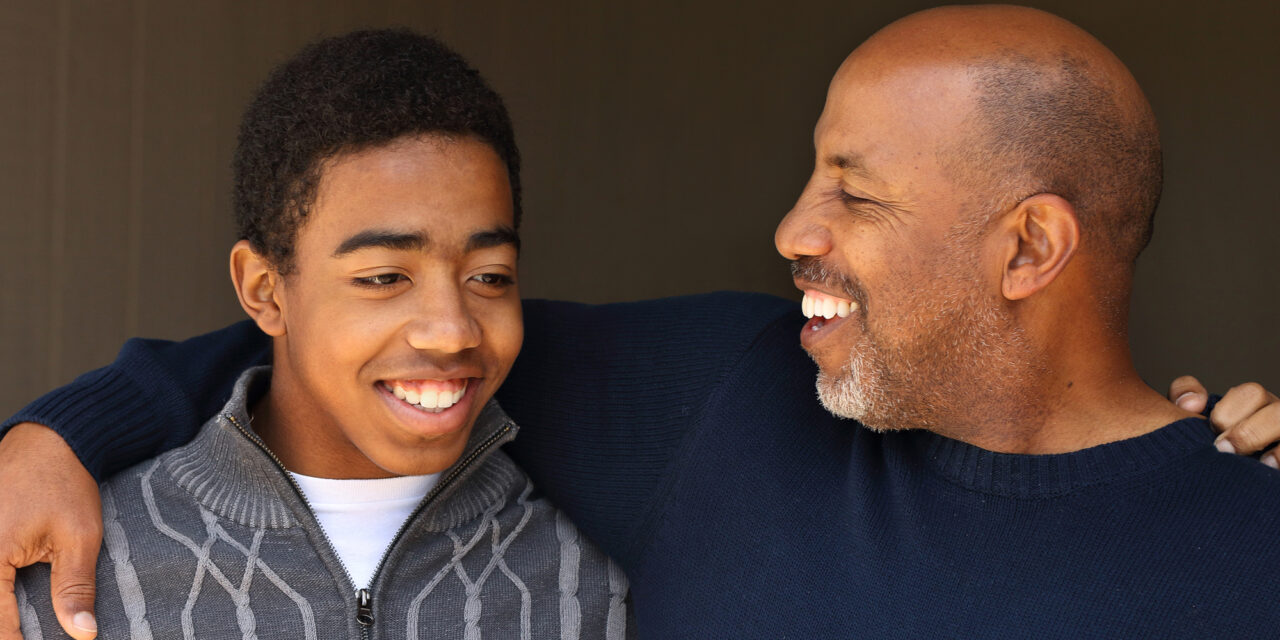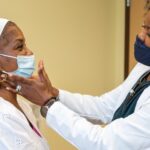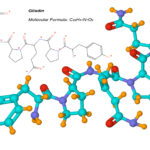By Annette Pinder
The murder of George Floyd and the racially motivated shooting in Buffalo targeting African Americans has shed a bright light on the significant trauma experienced by African American males and their reluctance to seek mental health support when they need it.
Howard C. Stevenson, PhD, Director of the Racial Empowerment Collaborative at the University of Pennsylvania and a national expert in helping people of color address and heal from racism, talks about the importance of creating opportunities that make it easier for Black men to talk about their trauma. “If a Black man is able to find a treatment that is culturally responsive, that he understands, and that embraces the uniqueness of his difference, he is more likely to use that service,” says Stevenson.
As a result, many psychologists are suggesting interventions that can create these opportunities such as conversations at community barbershops, outreach through technology or social media, and national networks devoted to facilitating Black men’s mental health and wellbeing.
Kevin Beckman, LMHC, Vice President of Health Home Programs and Care Coordination Services at BestSelf Behavioral Health, is intimately aware of the problem. Beckman says that since the Buffalo shooting, he is seeing an increase in the number of African American men who are willing to admit they need and want help.
“The Buffalo shooting seems to have unleashed the need and desire for conversation. Suddenly, Black men are willing to tell me that they don’t feel like themselves and admit their need to talk to someone. I tell them that it’s okay to tell someone how they are feeling. I tell them it’s okay to cry,” says Beckman.
While he is well aware of the barriers to mental health care, Beckman is hearing more positive feedback than ever before from African American men who see him in the community and say, “Thank you for listening. I am glad you are here to talk to me. You make me feel welcome.”
Beckman laughingly says that he enjoys when men in the community fondly refer to him as “Coach” or “The Suit.” He is especially heartened by their willingness to tell him that they lost their job or housing, and that they want help to not feel sad anymore.
An article in Talk Space by Jor-El Caraballo, LMHC, updated in July 2022, emphasizes that stigma continues to be a significant barrier to mental health diagnosis and treatment for Black men. He also points out that self-reported suicide attempts for Black adolescents rose by 73 percent between 1991 to 2017, and that Black boys are more likely to attempt suicide by more lethal means than White boys.
Join BestSelf Behavioral Health President and CEO Liz-Woike Ganga, LCSW-R, and Kevin Beckman, LMHC, with Takesha L. Leonard, FNP of Jericho Road Community Health Center, for an important and engaging Community Conversation titled “Black Boys, Black Men, and Mental Health,” on Wednesday, September 14 at 8pm, or Saturday, September 17 at noon, on WBBZ-TV, Channel 5 or 67. See page 38 to learn more.












